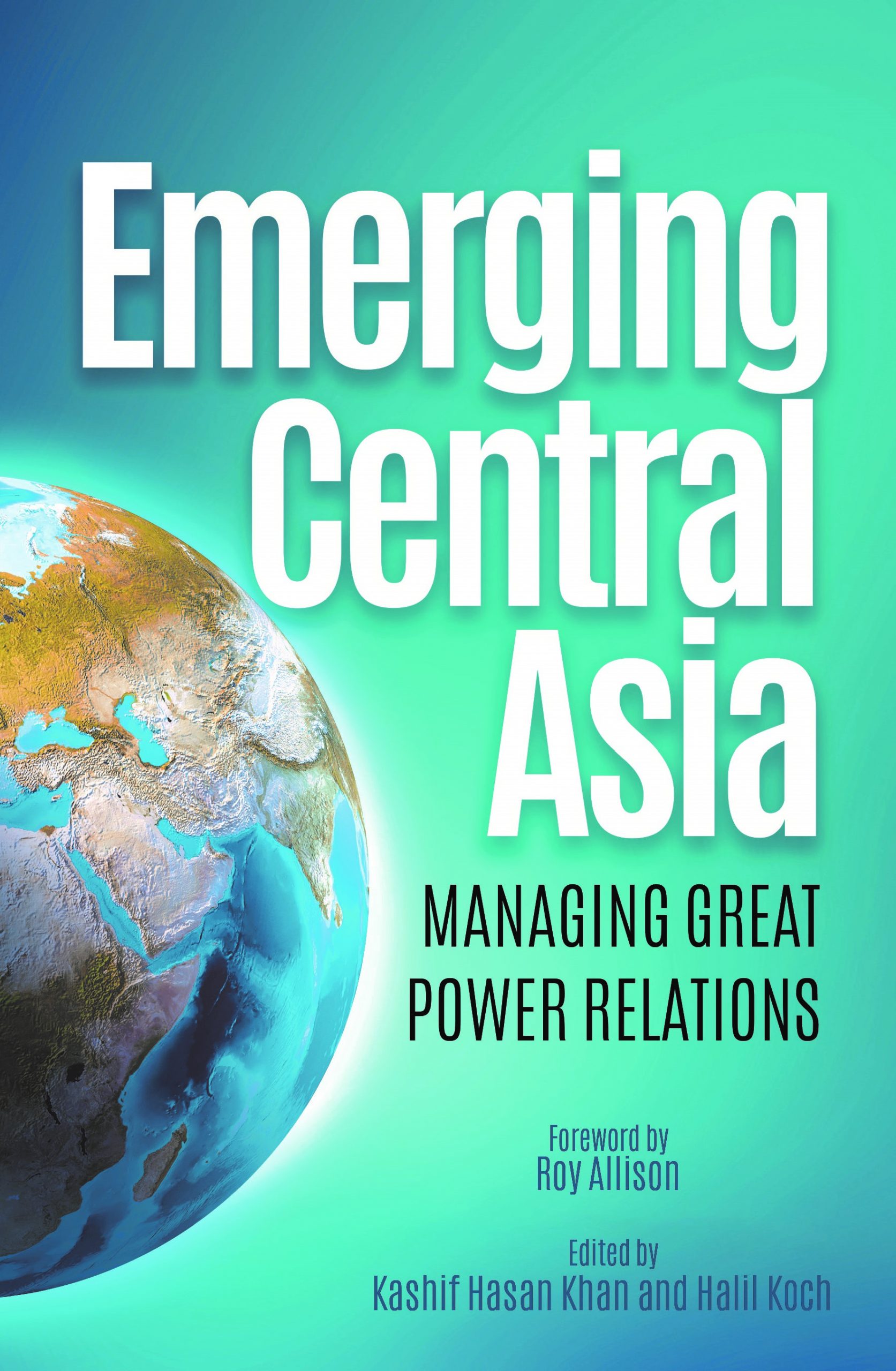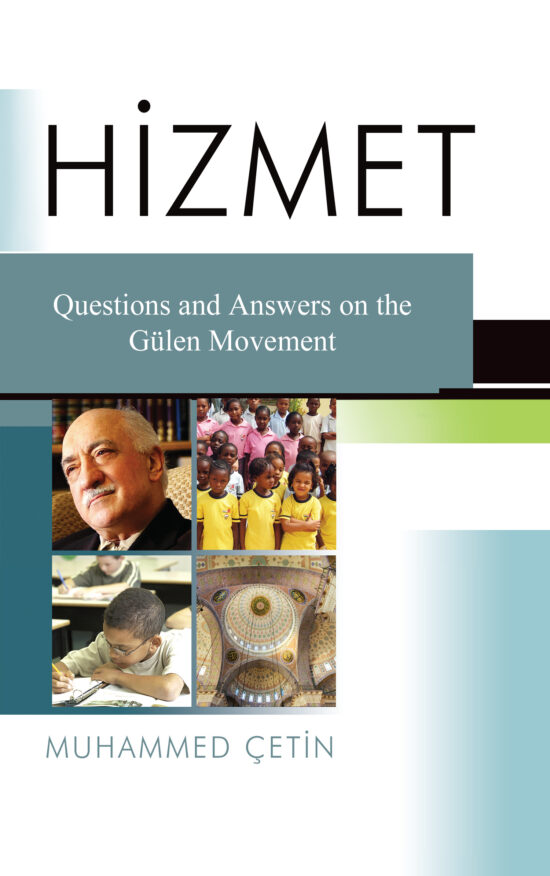Description
The end of the Cold War era has led to drastic changes in Eurasian geopolitics, particularly regarding energy politics in Central Asia and the Caspian Sea Region. The emergence of the newly independent Republics – including Kazakhstan, Kyrgyzstan, Tajikistan, Turkmenistan and Uzbekistan – shifted control from the Soviet Union and led to increased competition and cooperation between the regional and extra-regional powers for the rich energy and mineral resources of these states.
This book aims to explore how the Central Asian Republics have managed their relations with small and major powers during the 25 years following the collapse of the USSR. The authors identify and discuss the questions like: what are the Central Asian states’ interests and how they are pursuing them? What are the CAR states’ relationships with these powers, and what is changing?
Are the great powers outsourcing policing or security responsibilities to the CAR?












Reviews
There are no reviews yet.